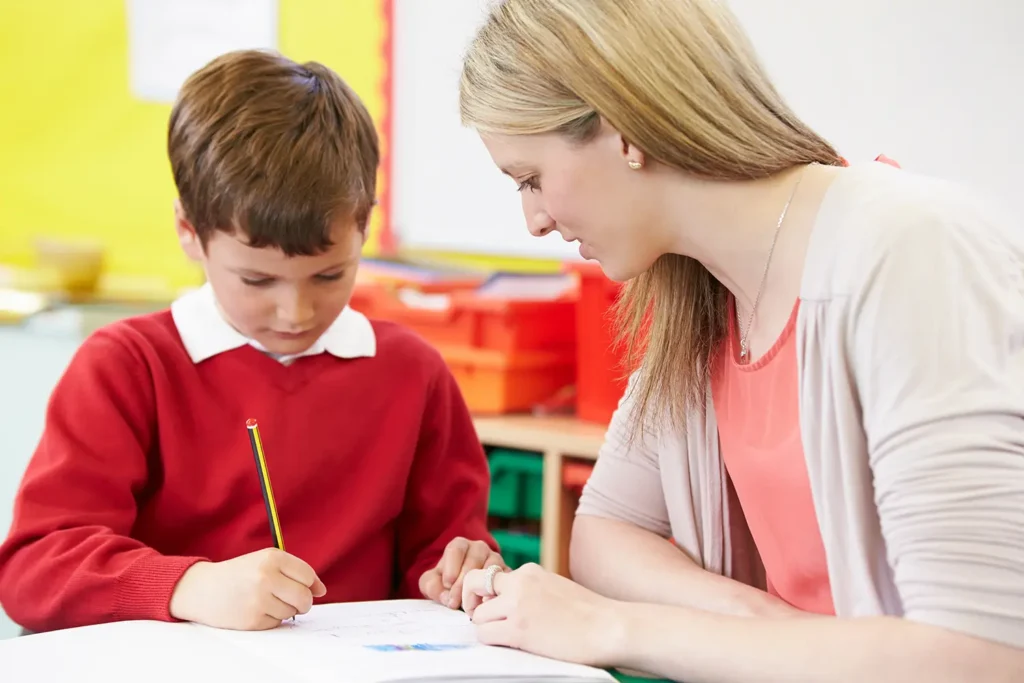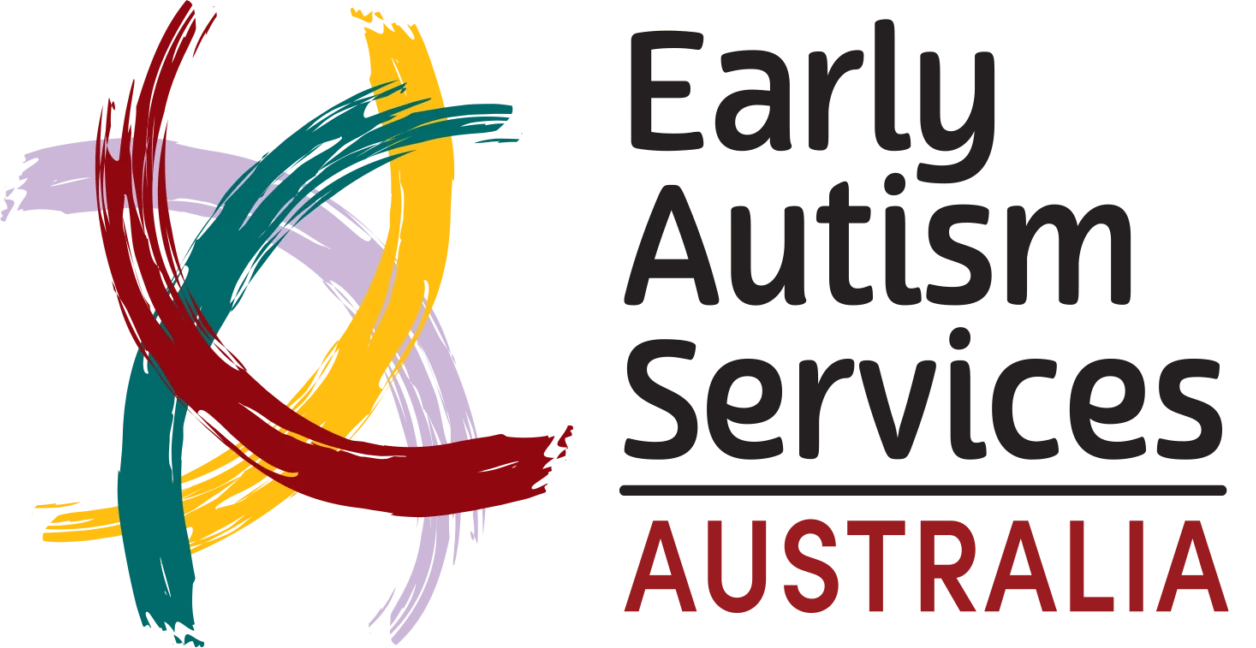School and Kinder Readiness
The importance of school and kinder readiness
Being ready for school or kindergarten is vital in building the foundations for learning, so that your child can reach their own unique potential. It is important that your child is best placed for a positive experience, where they are; comfortable, confident, as independent as they can be, able to express and experience their emotions safely, included socially and able to participate and contribute both within and outside of the classroom environment.
While the transition to school or kindergarten can be exciting, it comes with new experiences and expectations which can be daunting for some autistic and neurodivergent children.

Developmental areas required for school and kinder readiness
Being ready for school is so much more than pure academic skills. Other developmental areas are vital, such as:
- Engaging socially and in play
- Following instructions
- Communicating needs and feelings
- Developing friendships
- Following and changing routines
- Independence in self-care skills, such as going to the toilet or feeding themselves at snack time
- Much more.
Importantly, in order to be able to learn, children must feel comfortable in their environment and regulated emotionally. Planning and getting your child ready for the transition to school or kindergarten should start as early as possible. Your child can benefit from an individualised approach to supports, because it is tailored to suit their own abilities, strengths and needs.
At Early Autism Services, we specialise in empowering and supporting autistic and neurodivergent children to achieve what’s important to them in life. We can partner with you and your child to navigate through their school or kindergarten journey.
How we can support your child to be ready for school or kinder
Language and communication
It is important for children to develop functional communication skills, so they can effectively communicate their needs, feelings and ideas to others. There are various ways to communicate – through vocal speech, gestures, key word signs, hand leading, typing, touching icons on a speech-generating device – and all of them are equally valuable! The important part is figuring out the way(s) that work best for your child and giving them opportunities to practice and be successful in communicating. A Speech Pathologist can be a vital partner in this journey.
Social interaction
Feeling included socially and developing friendships is important to a child’s overall wellbeing. Neurodivergent children often have differences in the way they interact with others. Take time to notice how and with whom your child wants to interact, and do what you can to support those interactions. It may be to look for opportunities for 1:1 or small-group socialisation which can be less overwhelming than noisy playgrounds full of lots of children. It may be to teach other children about the way that your child communicates. It may be to find friends who share their special interest! Also, be conscious that your child may need or want a fair bit of time by themselves.
Motor skills
Fine motor skills involve the small hand muscles that help children write, draw, fasten clothing, open and close a lunch box, and grasp small objects. These skills are an important part of being ready for school or kinder. Gross motor skills and spatial awareness are required for activities like jumping, running, ball games and more. As such, fine motor skills can help set your child up for success in academics and self-care independence, and gross motor skills can help set your child up for success in physical games and team sports.
Emotional regulation
At this stage of life, all children are learning to manage big feelings. But did you know that many neurodivergent people have difficulty experiencing, identifying, expressing, and managing their own emotions, as well as identifying and responding to the emotions of others? Here are some ways you can offer the extra support your child might need:
- Providing a safe and responsive environment for feelings (and the behaviours that might come with them)
- Directly teaching them about emotions (e.g. by watching and talking about Inside Out)
- Consciously modelling your own coping strategies
- Using visuals (e.g. a customised ‘feelings meter’)
Sensory processing
Differences in sensory processing (making sense of sensory information) are very common among autistic children. Sights, smells, textures, sounds, and tastes can all be heightened or dulled. Sensory processing from within the body can also be different, as it relates to pain, hunger, thirst, temperature, movement, and awareness of their own body in space. Too much information to their sensory system can be difficult for them to regulate, and it can cause stress, anxiety, and even physical pain. If you suspect that sensory processing or sensory regulation is a challenge for your child, the best thing to do is to seek the professional guidance of an Occupational Therapist. They will be able to give you strategies to understand your child’s sensory processing needs, and support improved sensory regulation.
There are also things you can do to ensure that school or kinder is ready for your child! It may be helpful to understand your chosen school or kinder’s inclusion policy and prepare a Hints and Tips page summarising what you think will be relevant for your child’s teacher to know in terms of their personality, strengths, triggers (if relevant), and how best to support them.
